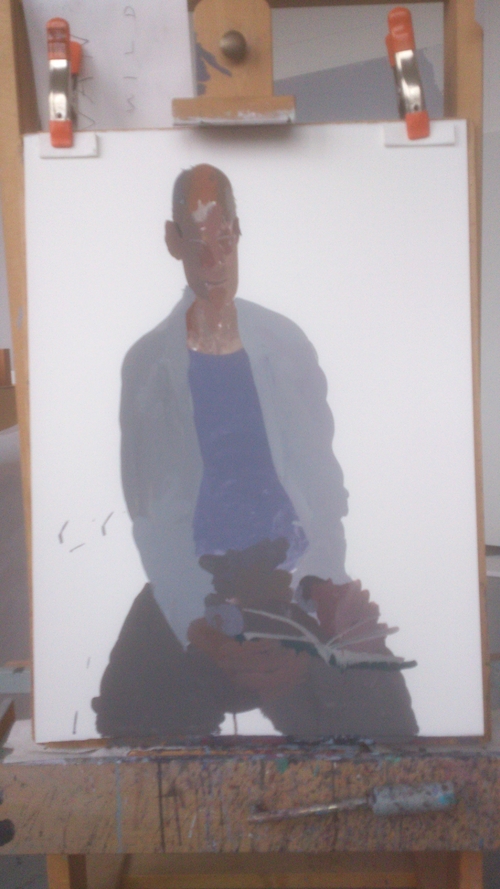We are delighted to warmly invite you to visit an online presentation of Rod Mengham’s poetry
Rod Mengham is a recipient of the Cholmondely Award for poetry (2020) and the author of several poetry publications, including Unsung (2006), Chance of a Storm (2015), Grimspound & Inhabiting Art (2018), 2019 the vase in pieces (2019) and of translations, Speedometry (2014) among others. He co-edited and co-translated the anthology Altered State: The New Polish Poetry (2003). His most recent book is Midnight in the Kant Hotel: Art in Present Times (Carcanet, 2021). Rod is Emeritus Reader of Modern English Literature at Cambridge University, where he is a Fellow of Jesus College. He has published monographs on Dickens, Emily Brontë, and Henry Green; and The Descent of Language (Bloomsbury). He has also curated many exhibitions of contemporary art since 2003 (including the Chapman Brothers’ In The Realm Of The Senseless, Rondo Sztuki, Katowice, 2011), and has made several films with the artist Marc Atkins (soundingpolefilms), as well as the text + image publication Still Moving (London: Veer Publications, 2014). Since 1992 he has been publisher of the Equipage series of poetry pamphlets, the most recent being Flatsharing (2022) by the French poet Anne Portugal.
Organizer: dr hab. Małgorzata Hołda, Department of British Literature and Culture, University of Lodz

Rod about his poetics:
‘Sculpture is a part of the space around it’. This statement by the Polish artist Katarzyna Kobro reflects my sense of how I want the poetic text to relate to the languages that surround it. I have a set of ongoing preoccupations which are catalysed by pronounced occasions, private and public. Ideally, each text would be both univocal and multivocal, expressive and typical; since I rely a lot on circumstance, there is a great deal of personal input into the poems, but this is not meant to contribute primarily to a representation of the self, more towards a presentation of work for the reader to do. What kind of work? Certain kinds of semantic and syntactical derangement which I hope have a signature without constituting mere routines.
I try to catch the material in a state that remembers what it was like just prior to organization. And then, in the process of composition, there’s an attempt to control this prehistoric material with particular attention to overall movement, phrasing, consonance, and figure (which is to say, idea-rhymes). The distance between starting out and finishing is most obvious in the prose poems, where you can see the agenda, perhaps even a theme or set of themes, that the text essays, as well as the curve it enters as a rhythm and an acoustic repertoire and conceptual and visual variations take over. It’s less obvious but actually more extreme in the other poems.
Enjoy reading a selected poem by Rod:
liquidas orasse sorores
Of bodies reassigned, I sing
long before Ovid and his pack of lies
when the Bosphorus was welded shut
one last time, and you could walk
from Greece to Turkey against the traffic.
Now there is nowhere to cross
so we sail away, into the soapy water
of your absence. And I surprise myself
with this shipping manifest.
I thump out a tune and drive myself mad
very close to your location. Unless you are
the census-taker of dreams
or the functionary who
sees death in his board game.
Do we not bleed, are we not prone to bruising.
The psalmist tells us how God pushes him aside
like the fridge door in a poem about plums
where everything is gleaming tirelessly.
I, Tibullus Libertus Venusti, have taken an oath
to be more precise. I miss God enormously
but will take the first comer. I have learned
how to balance grief with payday. It is a gift I have
and this poem just kills me.
